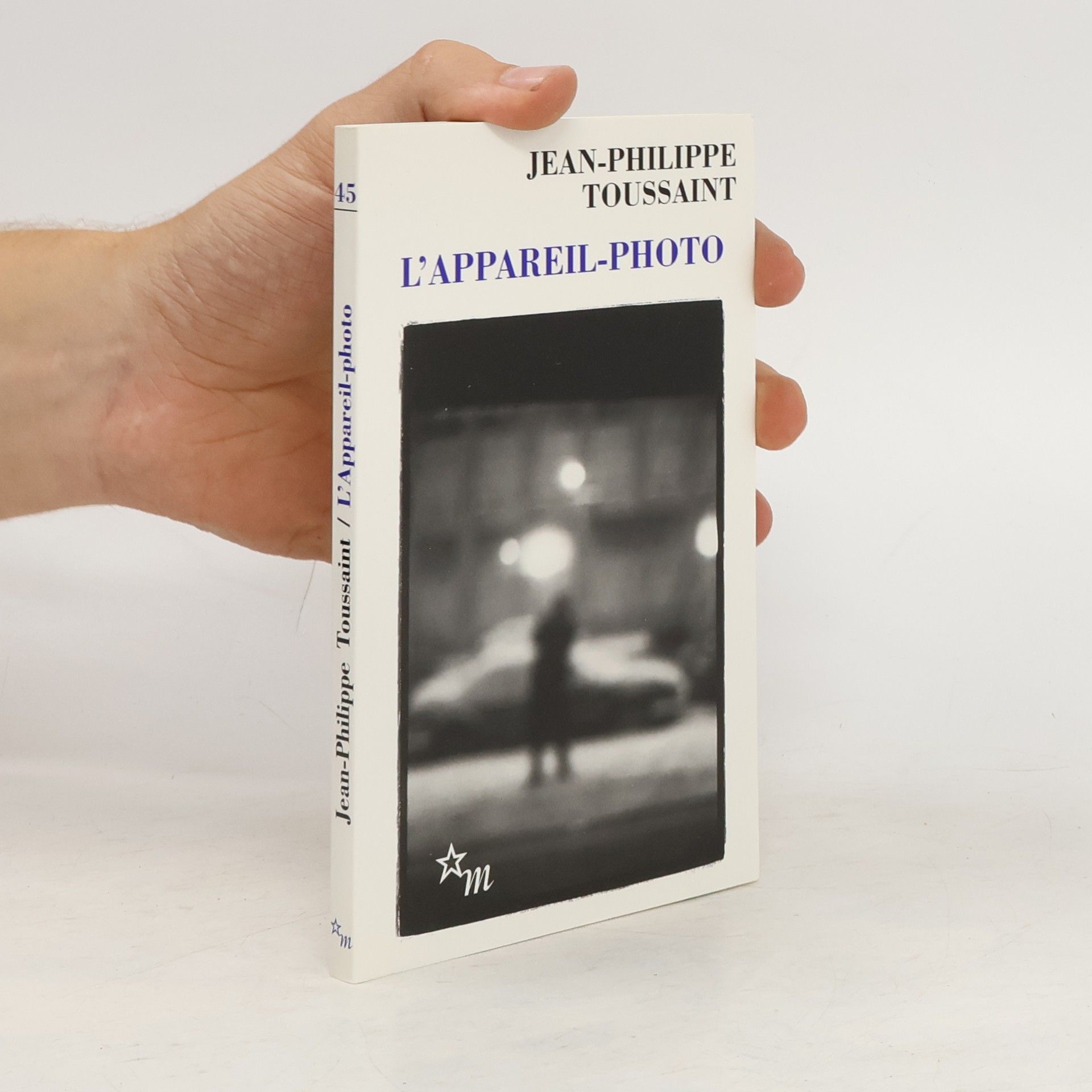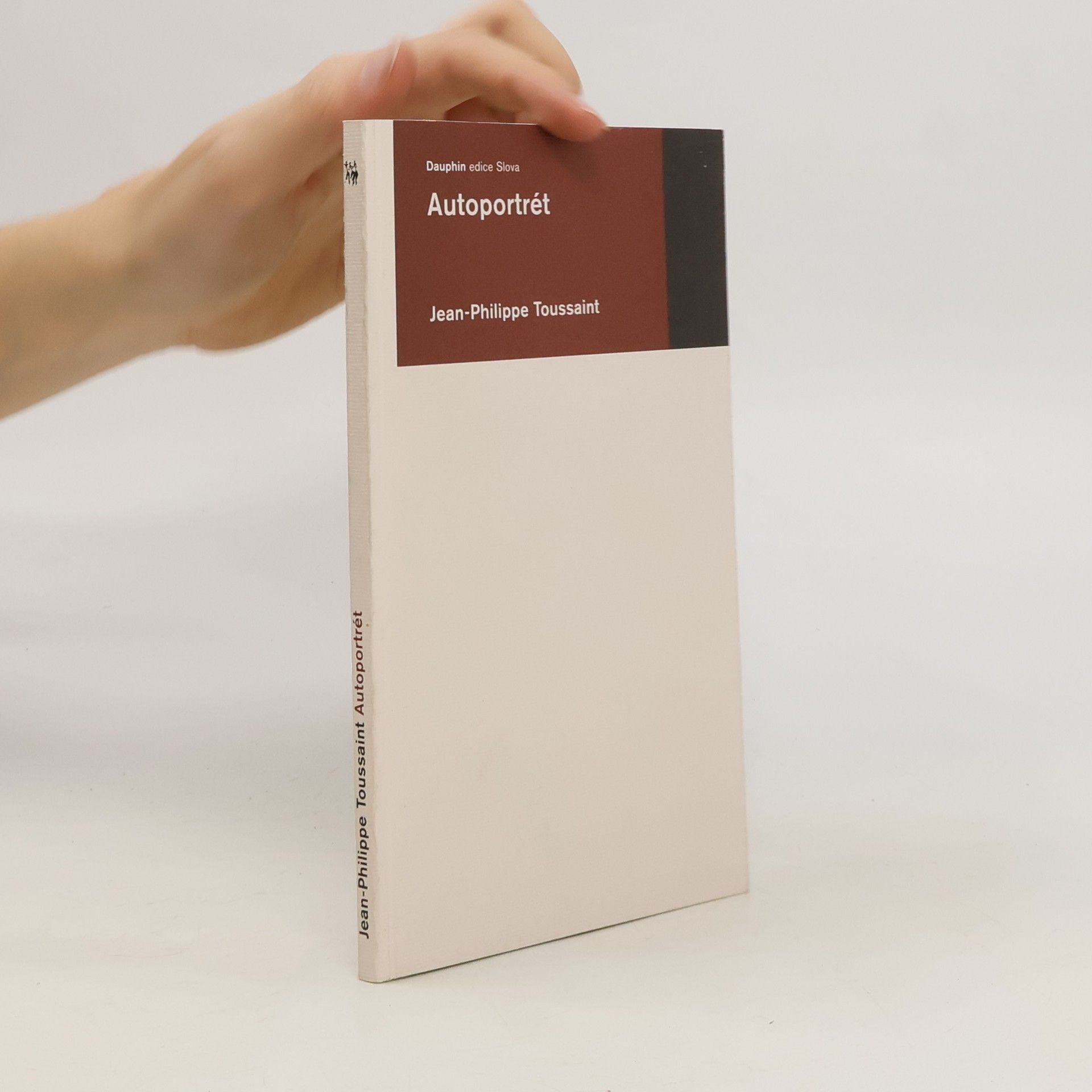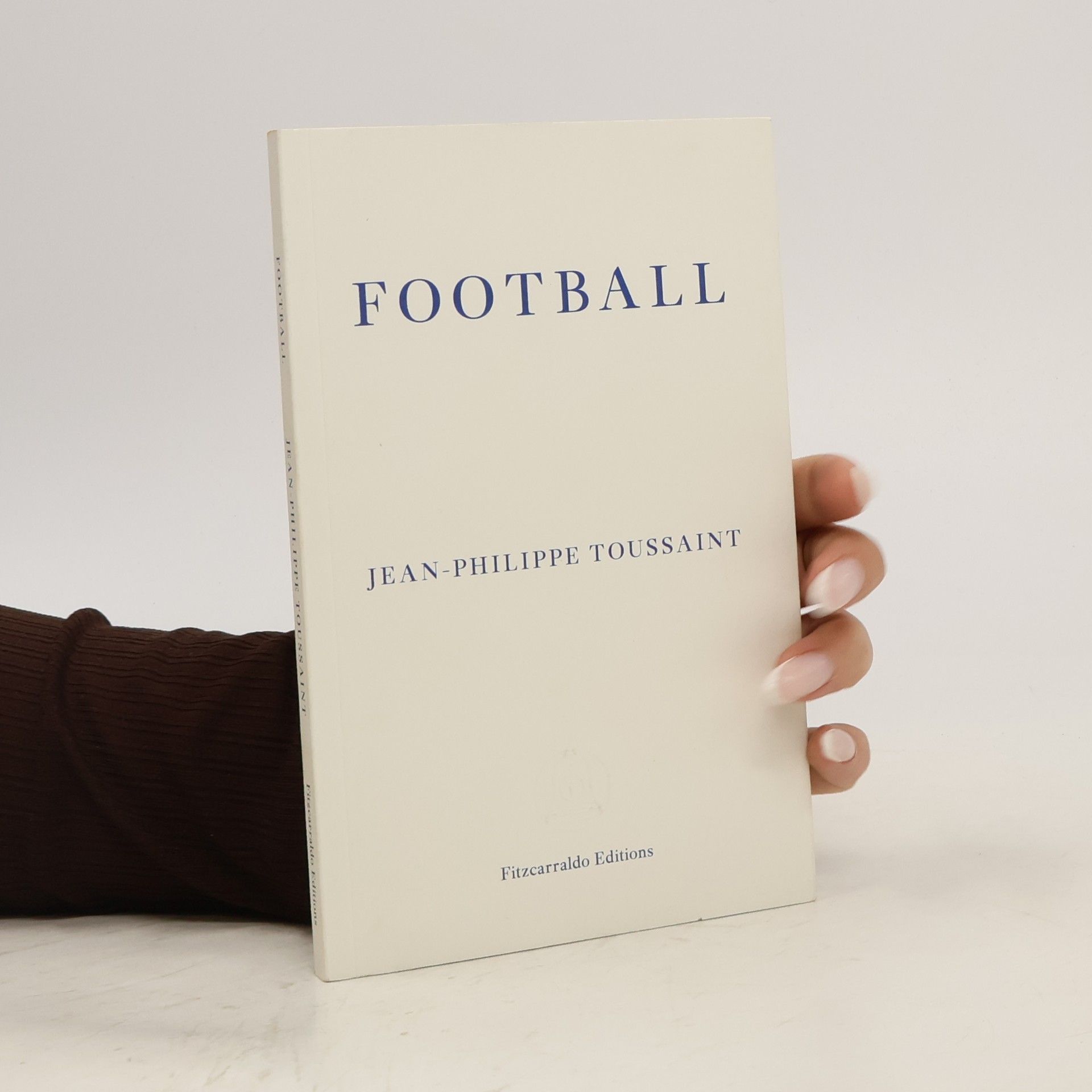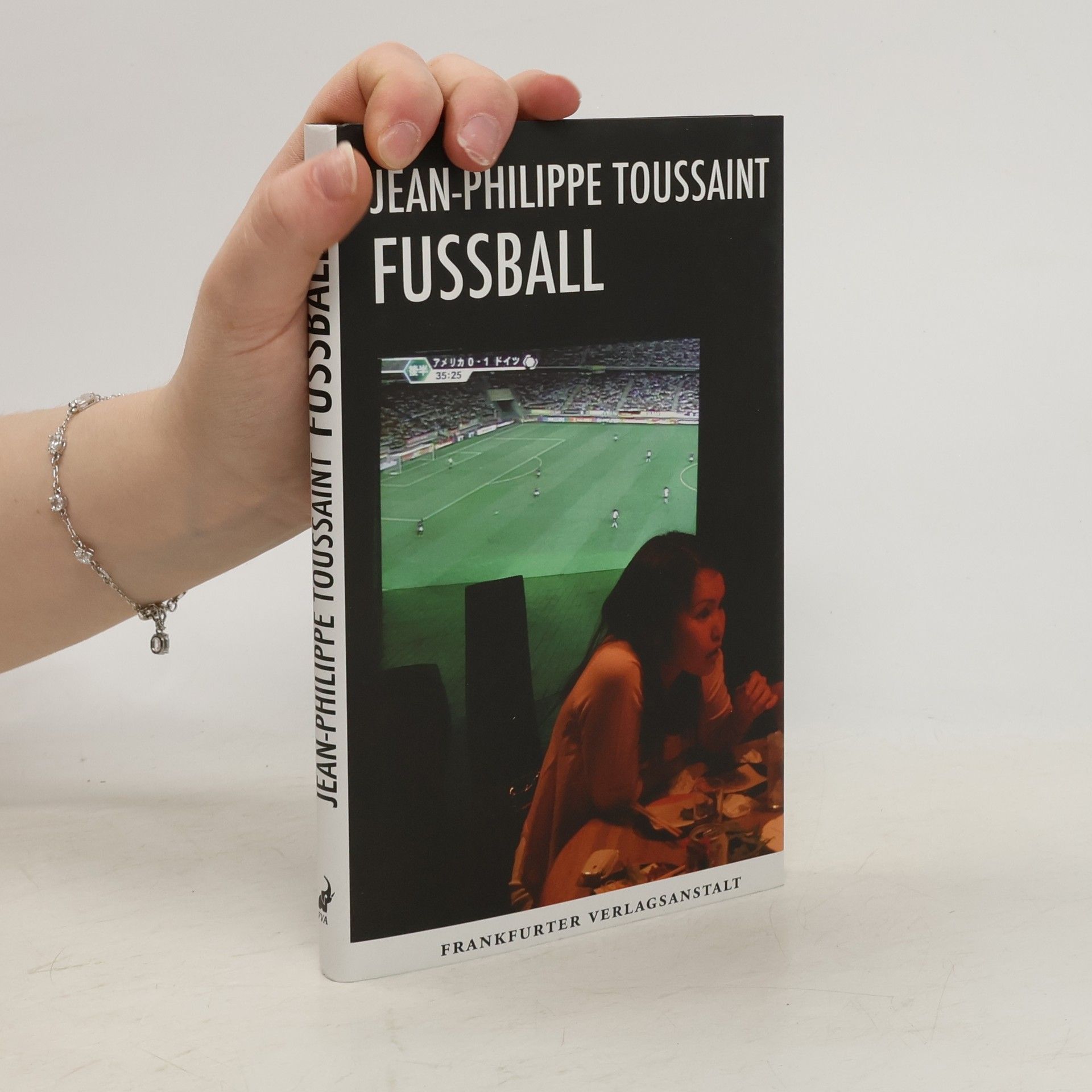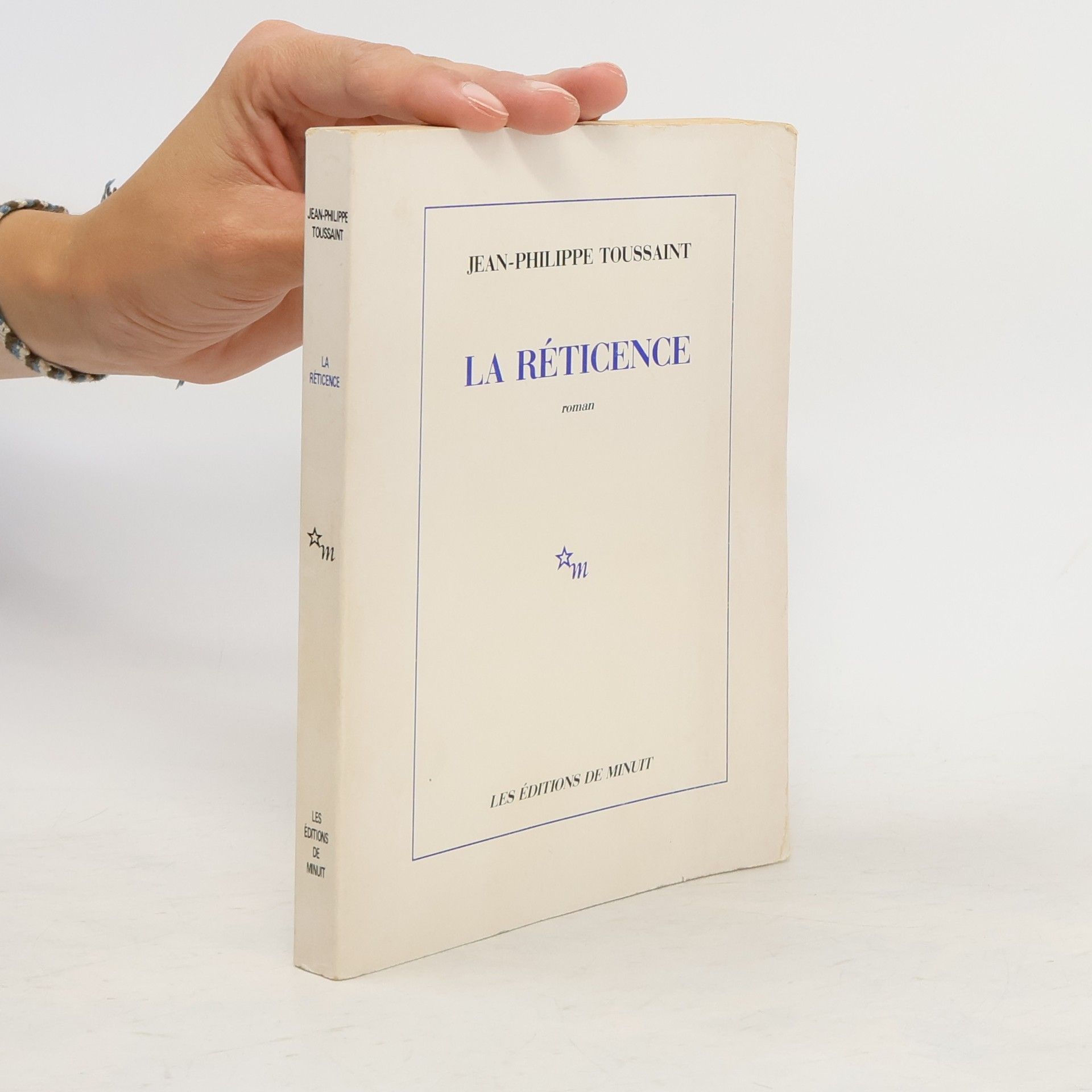Making Love
- 116pagine
- 5 ore di lettura
Set against the backdrop of Japan, this novel explores the poignant final days of a couple's affair, intertwining their emotional unraveling with the vibrant settings of Tokyo and Kyoto. The author employs a cinematic style, characterized by economy and restraint, to vividly capture the characters' feelings. By juxtaposing traditional themes of lost intimacy with the ultramodern landscape, the narrative offers a fresh perspective on love and separation. This strikingly original work showcases the talent of a promising European author.

